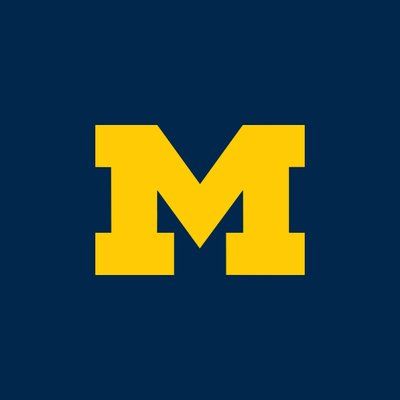Request Demo
Last update 08 May 2025
DCN1 x UBC12
Last update 08 May 2025
Related
6
Drugs associated with DCN1 x UBC12Target |
Mechanism DCN1 inhibitors [+1] |
Active Org. |
Originator Org. |
Active Indication |
Inactive Indication- |
Drug Highest PhasePreclinical |
First Approval Ctry. / Loc.- |
First Approval Date20 Jan 1800 |
Target |
Mechanism DCN1 inhibitors [+1] |
Active Org. |
Originator Org. |
Active Indication |
Inactive Indication |
Drug Highest PhasePreclinical |
First Approval Ctry. / Loc.- |
First Approval Date20 Jan 1800 |
Target |
Mechanism DCN1 inhibitors [+1] |
Active Org. |
Originator Org. |
Active Indication- |
Inactive Indication- |
Drug Highest PhaseDiscovery |
First Approval Ctry. / Loc.- |
First Approval Date20 Jan 1800 |
100 Clinical Results associated with DCN1 x UBC12
Login to view more data
100 Translational Medicine associated with DCN1 x UBC12
Login to view more data
0 Patents (Medical) associated with DCN1 x UBC12
Login to view more data
31
Literatures (Medical) associated with DCN1 x UBC1212 Feb 2025·Clinical Science
Blockade of neddylation through targeted inhibition of DCN1 alleviates renal fibrosis
Article
Author: Liu, Zhangsuo ; Huo, Jin-Ling ; Feng, Qi ; Pan, Shaokang ; Liu, Dongwei ; Fu, Wenjia
01 Apr 2024·Biomedicine & Pharmacotherapy
Discovery of WS-384, a first-in-class dual LSD1 and DCN1-UBC12 protein-protein interaction inhibitor for the treatment of non-small cell lung cancer
Article
Author: Ma, Ting ; Li, Anqi ; Yu, Bin ; Guo, Yueyang ; Song, Qianqian ; Liu, Hongmin ; Feng, Siqi ; Wang, Shuai
01 Aug 2022·Biochemistry and Cell BiologyQ4 · BIOLOGY
Evaluation of HZX-960, a novel DCN1–UBC12 interaction inhibitor, as a potential antifibrotic compound for liver fibrosis
Q4 · BIOLOGY
Article
Author: Aziz, Shireen ; Zhou, Wenjuan ; Zhao, Wen ; Dong, Guanjun ; He, Zhangxu ; Xu, Jiale ; Gao, Ge ; Ma, Liying
Analysis
Perform a panoramic analysis of this field.
login
or

AI Agents Built for Biopharma Breakthroughs
Accelerate discovery. Empower decisions. Transform outcomes.
Get started for free today!
Accelerate Strategic R&D decision making with Synapse, PatSnap’s AI-powered Connected Innovation Intelligence Platform Built for Life Sciences Professionals.
Start your data trial now!
Synapse data is also accessible to external entities via APIs or data packages. Empower better decisions with the latest in pharmaceutical intelligence.
Bio
Bio Sequences Search & Analysis
Sign up for free
Chemical
Chemical Structures Search & Analysis
Sign up for free


